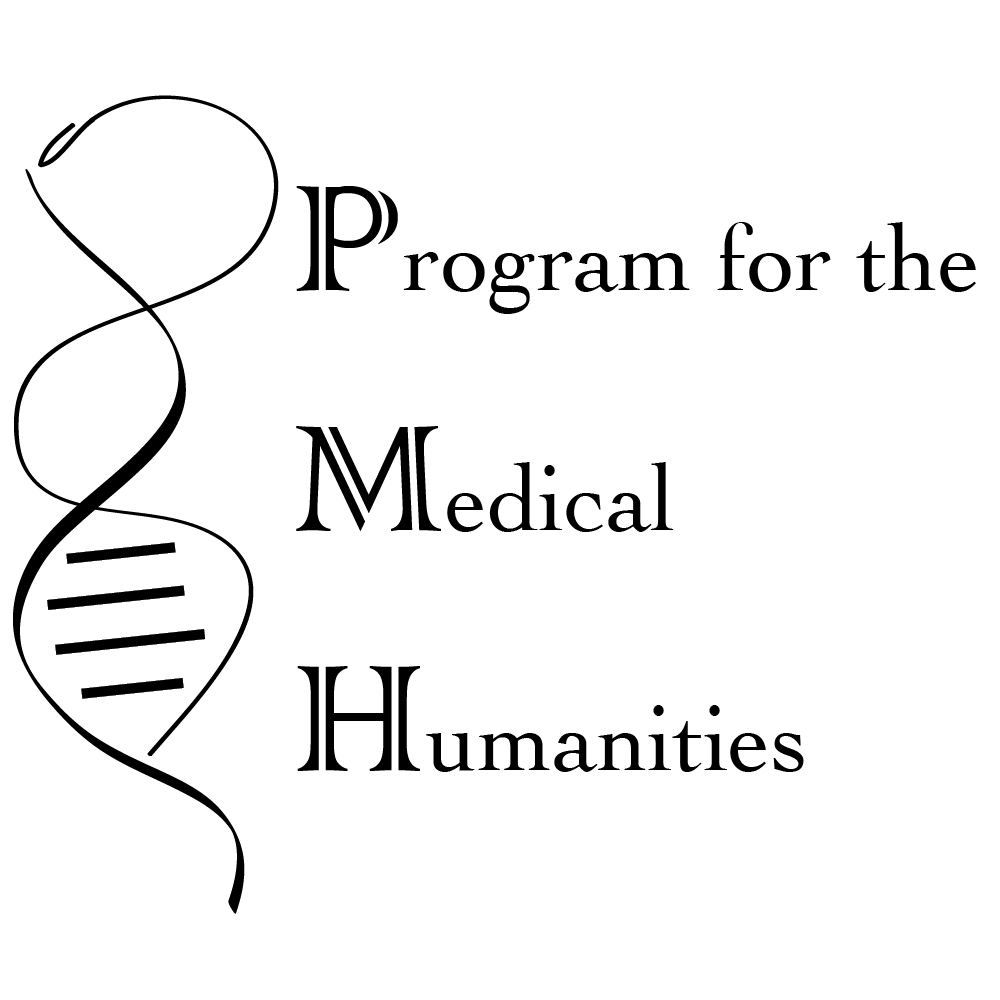I’m not a doctor. But even I know Hippocrates’ famous instruction, “First, do no harm.” It seems perfectly reasonable to regard this as a doctor’s first duty. At least don’t make it worse. Don’t experiment on your patient. Be conservative, in the best and deepest sense, when you decide on treatment options.
You could go a long way in exploring this implication of Hippocrates’ maxim. You could consider the ways in which the complex cocktails of drugs many patients in midlife consume daily may be diverting them from healthy eating and exercise by lulling them into believing that the pills are what’s keeping them “well.” You could consider the nefarious complicities that connect medicine and big pharma like the roots of crabgrass. But you could also consider whether there aren’t other professional duties competing for that distinction.
The examiner in Ingmar Bergman’s Wild Strawberries claims that the first duty of a doctor is “to ask for forgiveness.” This startling claim reminds me of the executioner’s traditional ritual: as he stood at the scaffold or guillotine ready to take a prisoner’s life, he asked (so historians tell us) for forgiveness. It was, in that age of fervent but often superstitious faith, a way of inoculating himself against divine punishment for murder. Or, to take a less cynical view of it, the appeal for forgiveness may have allowed men with that sad and thankless task a chance for a little blessing. In Robert Bolt’s play A Man for All Seasons, Thomas More’s response to his executioner was something like, “Be at peace. You send me to God.”
Though a doctor is not an executioner, a doctor holds the power of life and death in his or her hands, day after day. A doctor may need some assurance of forgiveness to provide the courage, or audacity, to wield that power, knowing all the variables, the uncertainties, and the temptations that come with it. The doctor, even when invited, is an intruder in others’ lives. The doctor represents a powerful set of institutions—research universities and medical schools, pharmaceutical sponsors of fellowships and post-docs, hospitals (some of them for-profit), and professional privilege that has long belonged mostly to those who enjoy class privilege. Anyone who exercises privilege needs in some way to seek forgiveness. As St. Vincent de Paul once observed to a few of his affluent followers, “It is only by your great charity that the poor will be able to forgive you the bread you are able to give them.”
Doctors who offer healing to the crushed in body and spirit also make mistakes. To ask forgiveness in advance is to acknowledge at the outset of any treatment one’s own humanity and fallibility. It is to say, in effect, I’m sorry I can’t do more. I’m sorry I can’t provide more certainty. I’m sorry for the limited resources that keep you from getting better health care.
I recently saw the documentary, “The Waiting Room”—a close-up view of the waiting room in the ER at Highland Hospital. I would recommend it to anyone who thinks the odious claim that providing routine health care for those who don’t have insurance is a reasonable use of emergency rooms. Everyone in the waiting room is in some degree of trauma—the patients bring in their suffering from pain, poverty, violence, fear, and many of them a history of being dismissed or ignored or worse. The doctors, nurses, social workers, and other staff work under conditions that themselves seem somewhat traumatic: chronic frustration, pressure, and patients’ anger, like that of one man who, having waited many hours for a dialysis treatment, started pulling at his tubes and snarling at the young doctor who had finally managed to plough through other obligations to get to his bedside, “Just get me the fuck out of here.” “You will die without this treatment,” the doctor reminded him. “So what?” the man responded, looking the doctor straight in the eye. “We all have to die of something. Even you.” The doctor’s response was, “I’m sorry. I’m sorry you had to wait so long.” It is his job in that moment to apologize for the whole mess of American health care, for the underfunding, the overcrowding, the inefficiencies, for class warfare, in a sense, for the profound inequities we live with. Not his fault. Just his job. And with this patient, his first duty.









